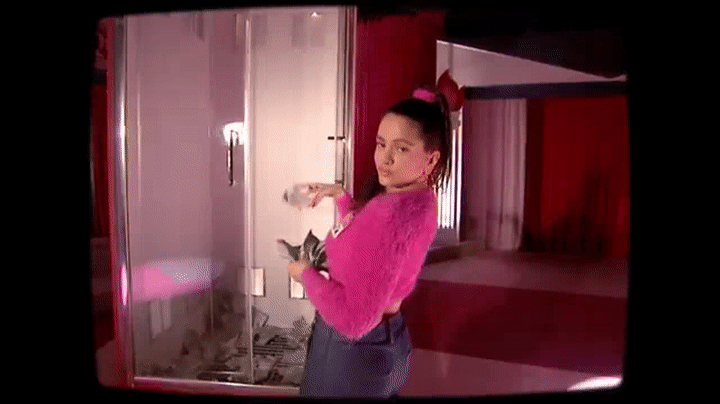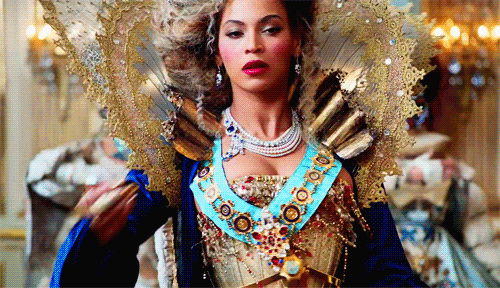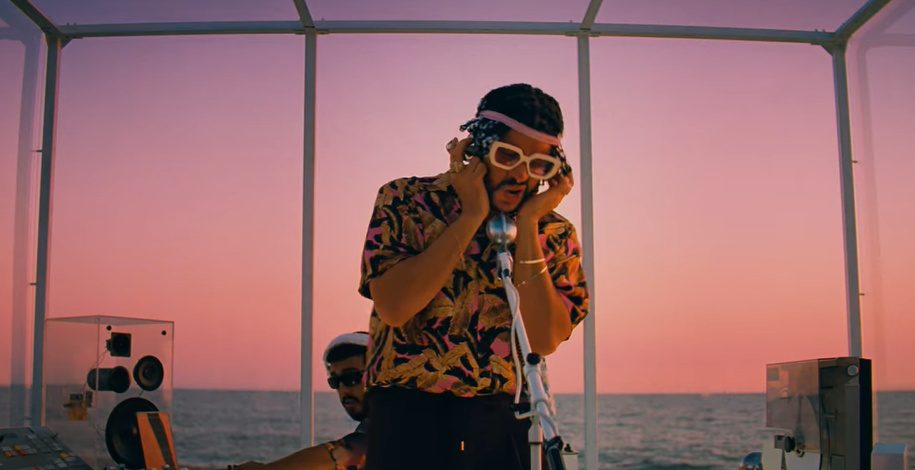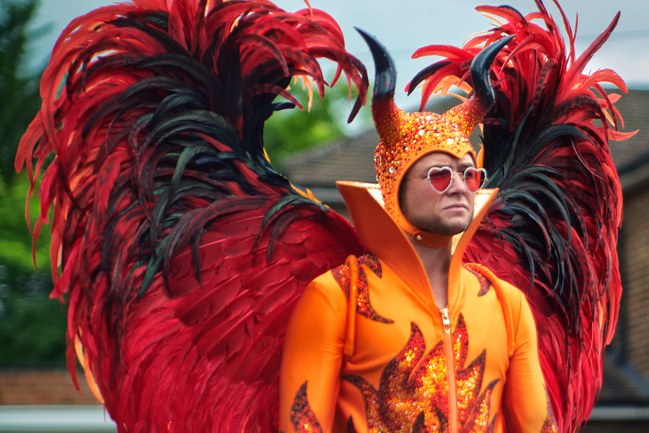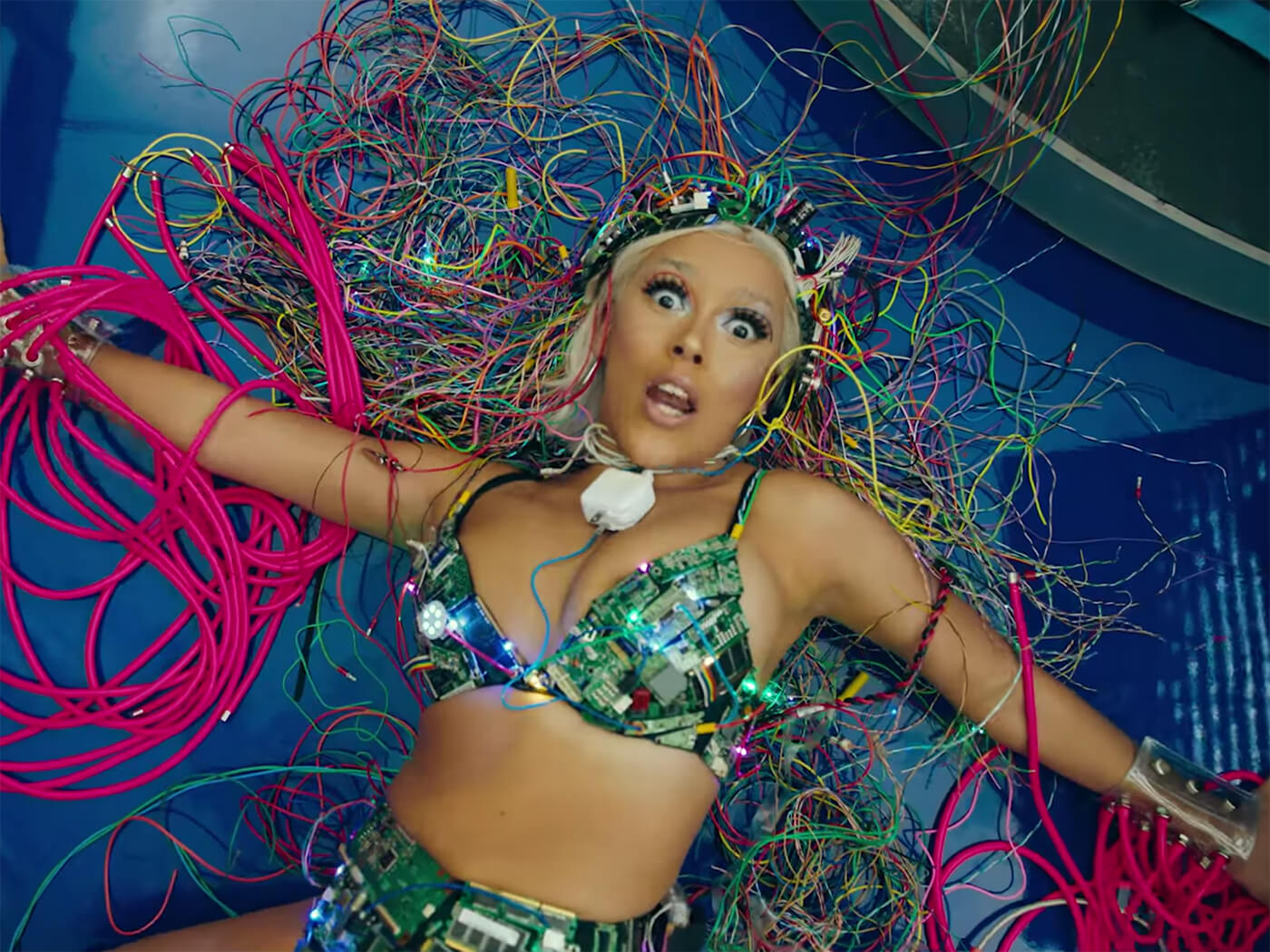Intro
What I’m going to talk about today are some pretty well known prejudices within urban culture and applicable to any genre of mainstream music (yes, I know it only says “rappers” in the title?). For quite some time now there has been a problem of concepts around the most well known artists and their supposed lack of creativity when it comes to lyrics, vocal melodies and even co-production work.
These kinds of thoughts are mostly rumours and hoaxes that have been completely discarded to this day. Most of the artists I will present here as examples give a small statistical slice that in general shows how things are done nowadays: works are produced by teams of professionals and in consensus with the artists, who have enormous scope for taking action and often manage their contracts themselves, as well as taking an active role in their image and artistic promotion, but above all in their music.
Lives that create lyrics
I’ll start with two artists who don’t have a very long career in music (for now), but who perfectly represent the style of creator that major labels select to work together. Khea and Nicki Nicole are two singers, each in their own style and genre, and both are brutally talented. The story of two of their latest lyrics corresponds to a recent event in their personal lives: a few months ago, the two artists had a romantic relationship that ended up being cut short (Khea’s song comments on this quite explicitly).
Shortly afterwards they each released a single with a rebound theme. This shows the creative imprint of both artists as composers of lyrics. In this case, and in contrast to the following ones, the two musicians are on the borderline between the independent artist and the musician already in the industry: both belong to record labels, but their influence has not yet turned them into mainstream musicians.
When you call the shots
In this small world of transit between one figure and another, the “I’ll take care of it myself, I’ll eat it myself” rule, which means that the lyrics and productions are regularly much purer, more sincere and more “what the artist has inside him or her”. As there are no production regulations, arrangements or lyrics on a par with the songs of the best-known artists, the creators can allow themselves the whim of doing everything themselves.
Here the lyrics are probably by Khea and Nicki and the bases are by their producers. I say this because later on we will see cases where there are several figures who control every step in composing and producing the tracks. Take a look at Nicole and Khea’s work, it’s spectacular.
Other examples
Rosalía
She composed her album El mal querer taking inspiration from copla, flamenco and urban music to mix them together, focusing on giving the product the greatest possible uniformity and coherence. To do so, she was advised by designers, arrangers and producers (El Guincho, Filip Custic, Jesús Carmona…) who each contributed to create the product from their own role within the work. In her case, she is the one who usually orchestrates everything: she gathers a team and coordinates it, taking an active role in the artistic creation.
Ozuna
In his song Qué pena he explains all the effort, frustration and “many nights of crying” that it has taken him to be considered one of the greats of reggaeton. I’ll leave it here, it’s very interesting, and it’s not reggaeton! (for those who can’t stand it).
Bad bunny
This artist has commented in several interviews that in some of his lyrics, such as Otra noche en Miami or Mia, he was inspired by one of his ex-partners, with whom he had marriage plans a few years ago. Even in songs which he himself does not mention in reference to her, there are some winks, as in the song Yo le llego (“Aquella bandolera a mí nunca me amó/ que se joda, yo fui quien ganó”).
Co-composing artists
There are artists who co-compose, co-produce or collaborate in the creation of lyrics and instrumentals. Maluma has admitted in interviews that some of his lyrics are not written by him, but his character, that brash, flirtatious young pimp, he has been building since some classic singles like La temperatura, released in 2013, which is probably largely something he has created with his image and marketing consultants (anyone who has listened to Maluma since then will recognise that sort of slogan of his, “pretty boy, dirty boy”, taken from his second album, which he began to repeat at the beginning of each track like a mantra).
It has been said that Malú does not compose her songs or write her lyrics, and this is totally false. She also co-composes her songs on a regular basis. In interviews about recent works such as her album Oxígeno released in 2018, she comments that each of the works is composed in conjunction with the producer and that she expresses herself in her lyrics.
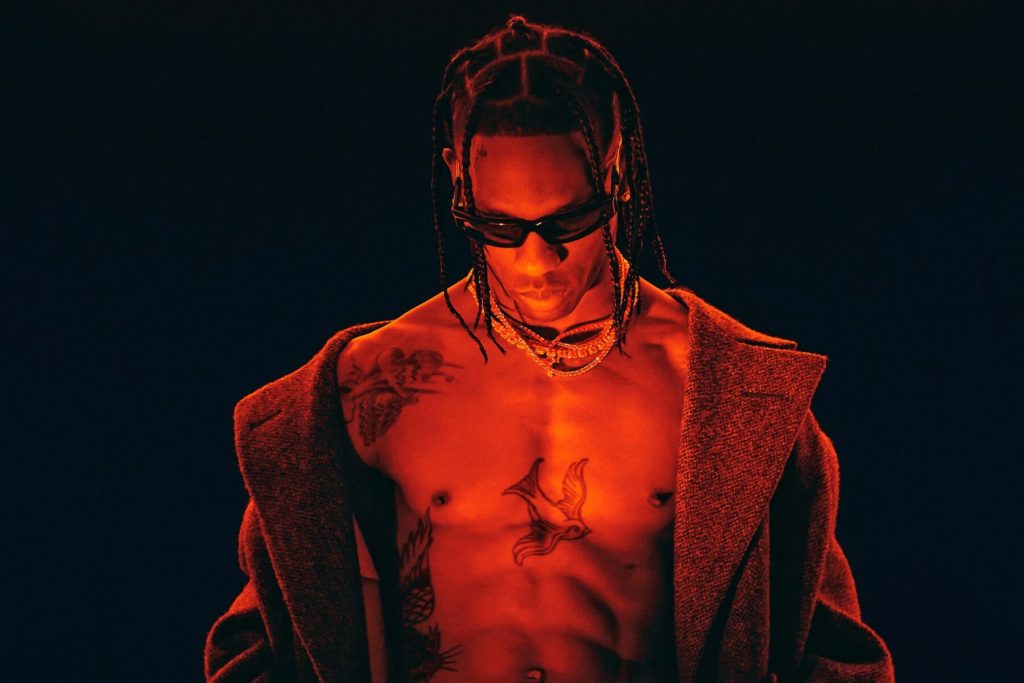
What about me?
In the case of my work as a producer, sometimes customers also ask me to make lyrics for them, in which case I have to contact a partner who makes lyrics so that the product is complete. But actually most customers who ask me for some custom rap bases or trap instrumentals (among other genres) are almost always inspired by their personal life or by historical-political events if they make lyrics of social protest, or myths and legends, etc..
As for the custom instrumentals that I compose and record, they are the ones who provide the references on which I will have to base myself so that I can capture the style they need in their base (I myself ask them to think of examples of musical works that they like to get the dynamics, it is one of the parts that help to personalise the work, along with revisions, etc.).
Prejudices about the ego: do we confuse character and person?
And how does the world look from up there? We often think that artists who have risen to great heights have an inordinate ego (and indeed this is often the case), but in most cases the ego is just another trait of a pure character, premeditated and constructed in an office.
I already commented on the blog Hearts of lithium: the artist-public connection through banality(it is a very interesting article, read it and understand a little better your context!), the great artists return like a mirror the adolescent dream of being a superstar, and that is exactly the face we can see in them, the true lifestyle of rich people: arrogance and superficiality.
But let’s go inside the studios, where the work is really cooked up. What do we find there? In the work teams of the big studios and record labels, a lot of humility is needed. Unexpected, isn’t it? Well, it is.
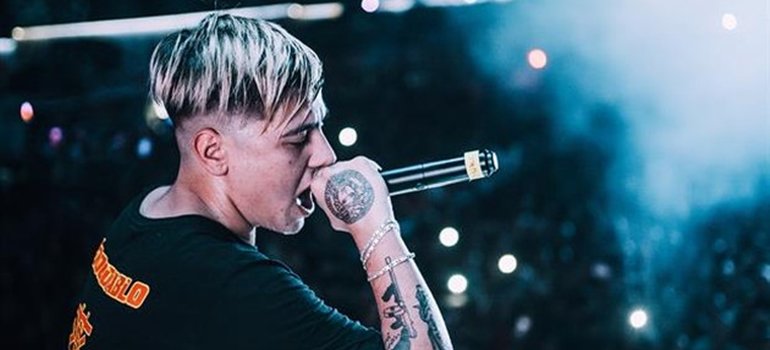
Everything works in phases
The artist will spend hours during the day and night creating his lyrics so that they are as flawless as his knowledge allows; then the producer will review the work and tell the singer that the structure is not correct, that there are uneven parts or that he has organised it in a way that does not meet the structures demanded by commercial music. When the producer and the artist have the song with the lyrics and the music, the mixing engineer will arrive and ask the producer to re-export some sounds that he might have edited too aggressively or boosted annoying frequencies. When the track is mixed, the mastering engineer will tell the mixing engineer to tone down the treble of some instruments because the balance is a bit uneven. And then there will be yet another reviewer, possibly a sound engineer as well, who will act as a quality inspector and give a different opinion so that more changes can be made, and so on and so forth, until everything is absolutely perfect.
And it must be clear that all the people involved in this very hard process of creation have to give their arm to twist and collaborate by making the changes that are required so that everything runs correctly, because otherwise the subject will not have access to the media, given the very strict conditions of quality that are demanded today. In this world, the smaller you are, the bigger you think you are, and the bigger you are, the more humble you are, otherwise you would not be able to fit into such a tiring and hard creative dynamic.
Conclusions
Is it possible for the industry to select an artist and create an image and a style around him or her that might suit him or her and then make a type of lyrics and productions to launch him or her on the market? Yes, of course. It happened with Elvis, it happened with Justin Bieber, and it will probably always happen. Is this the most typical case? Not at all: it hardly ever happens, and as time goes by and more and more artists with good ideas have access to the mainstream media, it becomes less necessary for the industry.
Do the vast majority of artists make many of their lyrics, the melody of the songs and part of the arrangements in consensus with the producers in the way they want the work to be? Yes, but without ever denying advice and mandatory corrections that have to be made for a product to take off on a commercial level.
And that’s it, easy, isn’t it? Anyway, I hope you enjoyed this blog as much as I enjoyed writing it for you. Here are some similar blogs: See you next week!
Remember that you can buy a rap, trap, dembow, pop, r&b, dembow, reggaeton, beat! A la carte.
